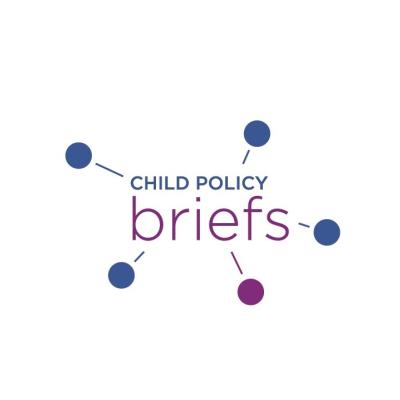Gender-Affirming Policies
Description
A summary the scientific literature on policies affecting transgender and gender-diverse youth, including healthcare, school-based policies, and research needs.

Components
Image

How This Impacts Children's Development
Description
Access to medical services and supportive school policies are crucial in safeguarding transgender and gender-diverse youth (TGD). When TGD youth are able to access developmentally appropriate gender-affirming support services, they are less likely to experience depressive symptoms and suicidal ideations.
Talking Points from the SRCD Brief
|
Policy Considerations in the Brief
- The use of developmentally appropriate, gender-affirming health care, including puberty suppression, gender-affirming hormones, surgical interventions, and mental health care for TGD youth should not be subject to political scrutiny.
- Healthcare companies could provide insurance coverage of developmentally appropriate, gender-affirming health care, including puberty suppression, gender-affirming hormones, surgical interventions, and mental health care for TGD youth.
- Medical records could standardize the collection and privacy of gender identity and expression data in medical records, while also allowing greater research on health disparities.
- School-based policies that promote inclusion and acceptance have been linked to positive outcomes for TGD youth, such as addressing bullying, allowing students to change their names in school files, engaging in sports and activities that align with their affirmed gender, allowing the use of bathrooms and locker rooms that align with the student’s affirmed gender, using the student’s preferred name and pronouns, and training school personnel on inclusion for TGD youth.